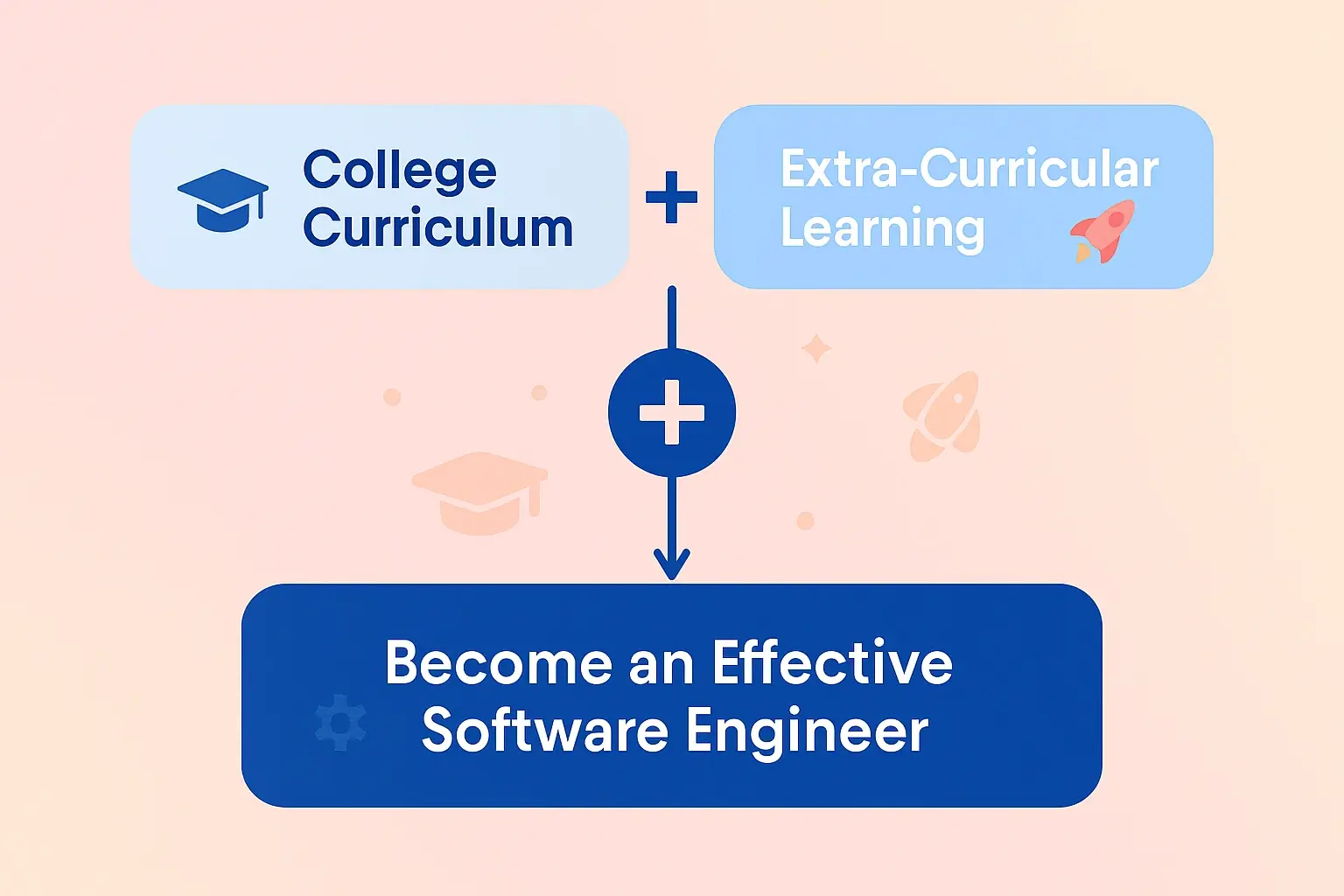How to Become a Software Engineer?
Aspiring to become a software engineer? It’s a rewarding path with ample opportunities, but it requires a well-planned approach to succeed. This guide provides a comprehensive roadmap, from educational choices to industry insights, helping you navigate the journey towards becoming a skilled and sought-after software engineer.

Educational Foundations for Software Engineers
1. Formal Education (Degree):
- A bachelor’s degree in computer science or a related field is the most common path. It provides a solid foundation in programming concepts, algorithms, data structures, and software design principles.
- Some employers may prefer candidates with a master’s degree for specialized roles.
2. Alternative Paths:
- Coding Bootcamps: These intensive programs offer accelerated learning in specific programming languages and technologies, typically focusing on practical skills.
- Self-Directed Learning: This involves learning through online courses, tutorials, books, and projects. It requires discipline and dedication but can be a cost-effective option.
Beyond the Classroom: Essential Skills for Software Engineers
- Programming Languages: Master at least one or two programming languages relevant to your chosen field.Popular choices include Python, Java, C++, JavaScript, and C#.
- Data Structures and Algorithms: Understanding how to organize and manipulate data efficiently is crucial for writing optimized code.
- Problem-Solving: Software engineering is about solving complex problems. Develop your analytical and critical thinking skills.
- Software Design: Learn how to design software systems that are scalable, maintainable, and meet user requirements.
- Testing and Debugging: Be proficient in testing methodologies and debugging tools to identify and fix errors in your code.
- Version Control (Git): Learn how to track changes to your code and collaborate effectively with other developers.
- Soft Skills: Communication, teamwork, and adaptability are essential for working effectively in a team environment.
Gaining Experience: Building Your Portfolio
- Personal Projects: Create your own projects to apply your skills and demonstrate your passion for software engineering.
- Open-Source Contributions: Contribute to open-source projects to gain experience working on real-world codebases and collaborating with other developers.
- Internships: Internships provide valuable hands-on experience and a chance to network with industry professionals.
The Software Engineer vs. Programmer Distinction
While the terms are sometimes used interchangeably, there is a distinction:
- Programmer: Focuses on writing code to implement specific features or functionalities.
- Software Engineer: Takes a broader approach, involved in the entire software development lifecycle, from design and planning to testing and deployment.
The Path to Success: A Continuous Journey
Becoming a successful software engineer is an ongoing process of learning and growth. Here are some additional tips:
- Stay Updated: The tech landscape is constantly evolving. Keep up with the latest trends, languages, and tools.
- Network: Connect with other software engineers through online communities, meetups, and conferences.
- Build a Strong Portfolio: Showcase your skills and projects through a well-crafted portfolio website or GitHub profile.
FAQs: How to Become a Software Engineer?
Q: Do I need a computer science degree to be a software engineer?
A: While a degree is a common path, it’s not always mandatory. Alternative routes like coding boot camps and self-learning can also lead to successful careers.
Q: Which programming language should I learn first?
A: Python is often recommended for beginners due to its readability and versatility. However, the best language depends on your career goals and interests.
Q: How long does it take to become a software engineer?
A: The timeline varies depending on your learning path and dedication. It can take anywhere from a few months (with a boot camp) to several years (with a degree) to gain the necessary skills and experience.

